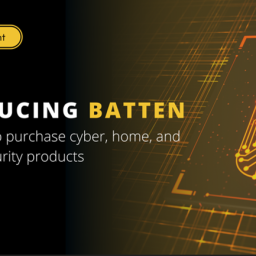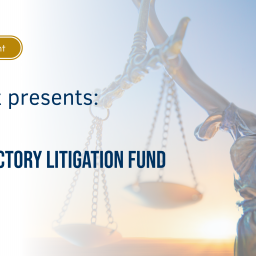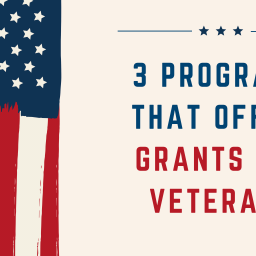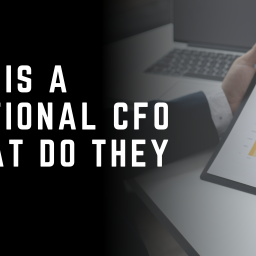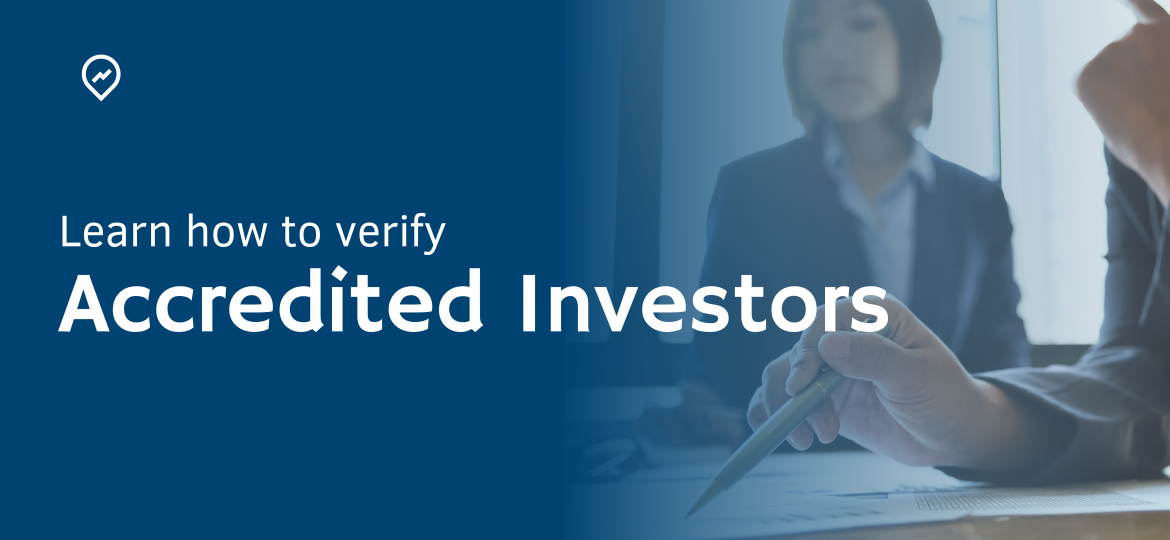
How To Verify Accredited Investors
Verifying investor accreditation status isn’t as complicated as it sounds. Today’s post will define what an accredited investor is, list the reasons why you need to verify investor accreditation status and provide you with information about the verification process.
What is an accredited investor?
According to the U.S. Securities and Exchange Commission (SEC), an accredited investor includes anyone who:
- Earned an individual income that exceeded $200,000 (or $300,000 together with a spouse or spousal equivalent) in each of the past two years, and reasonably expects the same for the current year
- Maintains a net worth of over $1 million, either alone or together with a spouse or spousal equivalent (excluding the value of the person’s primary residence)
- Meets at least one of the following criteria:
– any trust, with total assets in excess of $5 million, not formed specifically to purchase the subject securities, whose purchase is directed by a sophisticated person
– certain entities with total investments in excess of $5 million, not formed to specifically purchase the subject securities
– any entity in which all of the equity owners are accredited investors
Why do I need to verify accredited investors?
Federal securities laws require companies that offer or sell securities to register securities with the SEC. Registering securities is an expensive and laborious process so exemptions, including Rule 506(c) under Regulation D of the Securities Act of 1993, save issuers time and money.
Under these exemptions, some deals are limited to accredited investors. This ensures that all participating investors are sophisticated persons, meaning they have enough business and financial knowledge and experience to properly evaluate the benefits and risks of an investment opportunity and, importantly, sustain any losses associated with the risks.
Fundraising under Rule 506(c) is an increasingly popular option for startups and small businesses since it allows issuers to widely advertise their deal on almost any platform. However, if you are an issuer fundraising under Rule 506(c), you can only sell securities to accredited investors who can verify their accreditation. As an issuer, verifying investor accreditation status is your responsibility.
How do I verify accredited investors?
The following two methods are reliable ways to verify accredited investor status:
- Proof of Income
A variety of financial documents can be used to prove an accredited investor meets the SEC income criteria including the investor’s tax and IRS forms (W-2s, 1040s, 1099, K1s, etc.), pay stubs, and brokerage statements. A letter from the investor’s accountant, employer, licensed securities broker or registered investment advisor that confirms their accredited status will also suffice.
- Third-Party Services
There are a number of reliable third-party service providers that can verify an accredited investor meets SEC criteria on your behalf. For example, if a potential investor is uncomfortable sending an issuer personal financial information directly, they can send it anonymously to a third party that will provide the issuer with a letter confirming accredited investor status. At Localvest, the third party we use is Early IQ.
Disclaimer: This blog post is intended for informational purposes only. Localvest does not offer legal advice or suggest a guaranteed outcome. Individual situations differ and laws change. Please consult an experienced lawyer before deciding whether or not to act on the basis of any content included in this post.
Do you want to invest in a military veteran owned company? Are you a military veteran looking to raise capital? We have the perfect tools for you.
Explore our website or contact us to learn how Localvest can help you to succeed.


